The builder who has been working on my house in Burgundy voted for Marine Le Pen’s National Rally in the first round of the French parliamentary election. So did the electrician. I haven’t asked the plumber, but I suspect I know where his vote went, given that his assistant is voting for Le Pen. My neighbor, a farmer, is voting Le Pen, as is a teacher acquaintance. The local policeman is also voting Le Pen.
‘What do I think of Macron?’ retorted the electrician. ‘Put it this way, he’s not my friend’
It’s not that surprising in this neck of the woods. The National Rally romped to victory in the Yonne department in the recent European elections, winning 41 percent of the vote. Next best was Valerie Hayer, Emmanuel Macron’s Renaissance Party candidate, who came away with a modest 13 percent.
The Yonne was one of twenty-two (out of a total of 101) departments in which the National Rally broke the 40 percent threshold. In all, they triumphed in a staggering ninety-six departments. Of the five departments that resisted Le Pen and her troops, one was Paris, three were its suburbs and the fifth was the Caribbean island of Martinique.
Paris voted for Raphaël Glucksmann’s socialists; Hauts-de-Seine, the affluent suburbs, stayed loyal to Macron. Paris is the richest of France’s 101 departments, with an average annual salary of $55,000. Hauts-de-Seine is the second, with $51,000. The Yonne department is sixty-ninth on the rich list, with $27,000.
My builder is self-employed and his daily rate is $160. He normally works four days a week. He needs a day off midweek because he’s in his late fifties and suffering from a bad shoulder. He did his national service in the parachute regiment and loved it, like he loves his country. I don’t think he’s a racist. We get on and he has a good friend who’s a French Moroccan.
He has told me why he votes for Le Pen: the rise of Islamic extremism, the unwillingness of successive governments to impose the Republic’s authority over criminals and drug gangs and a sense that Paris has abandoned the provinces. Actually, it’s more than a sense, it’s a fact. Try finding a bus or a doctor outside the big cities and towns in France. A study in 2021 found that it is six times more difficult to consult a doctor in a rural community than in a town. In 2000 my nearest town, Villeneuve-sur-Yonne, had seven general practitioners for a population of 15,000; by 2022 it had none. One has since arrived.
The electrician, who is nearing retirement age, lives in Villeneuve-sur-Yonne and traditionally voted for the center-right Republicans, the party of Jacques Chirac and Nicolas Sarkozy. But he gave up on them a few years ago because they no longer seemed interested in people like him. His son is in the military and he’s very proud of him. The plumber’s assistant is the same generation as Jordan Bardella, the twenty-eight-year-old president of the National Rally, and thinks he’s cool.
All these people I know who are voting for Le Pen are “Somewheres.” Their country — its culture and its customs — matters to them. When Macron sneers, as he did in 2017, that “there’s no such thing as French culture,” he is insulting everything they hold dear.
Macron is an “Anywhere,” as is Raphaël Glucksmann, the new darling of the Socialist Party. Globalists, Europhiles, progressives, they could fit in anywhere. Or nearly. There is one place where neither Macron nor Glucksmann would feel at home, and that is in the provinces of France. “When I go to New York or Berlin, I feel more at home, culturally speaking, than when I go to Picardy,” admitted Glucksmann in 2018.
Glucksmann belongs to the socialist generation who have tried to reshape their party. A report in 2011 by one of the left’s most influential think tanks, Terra Nova, declared: “The France of tomorrow is above all united by cultural and progressive values. It wants change. It is tolerant, open, optimistic and inclusive… It is opposed to an electorate that defends the present and the past against change.”
This vision of a new France was echoed by Macron’s government spokesman Benjamin Griveaux in fall 2018, when he said that “people who smoke and drive diesel cars” are “not the France of the twenty-first century.”
The Somewheres of France feel this rejection. They are stung also when millionaire celebrities line up to warn that a vote for Le Pen’s party would be misguided folly. “The National Rally won’t help you” was what one of France’s most popular social media influencers told his eight million followers last week. But who will help the nine million French who live below the poverty line? Not the socialists, because they have abandoned their working-class voters.
The director Ariane Mnouchkine, regarded as the “grande dame of French theater,” recently wrote an op-ed for the left-wing newspaper Liberation. She expressed her fear at the prospect of a National Rally government but, unlike most of her ilk, she didn’t point an accusatory finger at the proles in the provinces. “We on the left and people of culture are partly to blame,” she wrote. “We let the people down, we didn’t want to listen to their fears and anxieties… we told them they were fools, and when they insisted even more, we called them bastards.” Our fellow citizens, continued Mnouchkine, “are fed up with us… our narcissism, our sectarianism, our denials.”
I can vouch for that. “What do I think of Macron?” retorted the electrician when I asked him the question. “Put it this way, he’s not my friend.” There’s no friendship between the Anywheres and the Somewheres in France. The Somewheres have suffered this century, but they hope to take their revenge.
This article was originally published in The Spectator’s UK magazine. Subscribe to the World edition here.



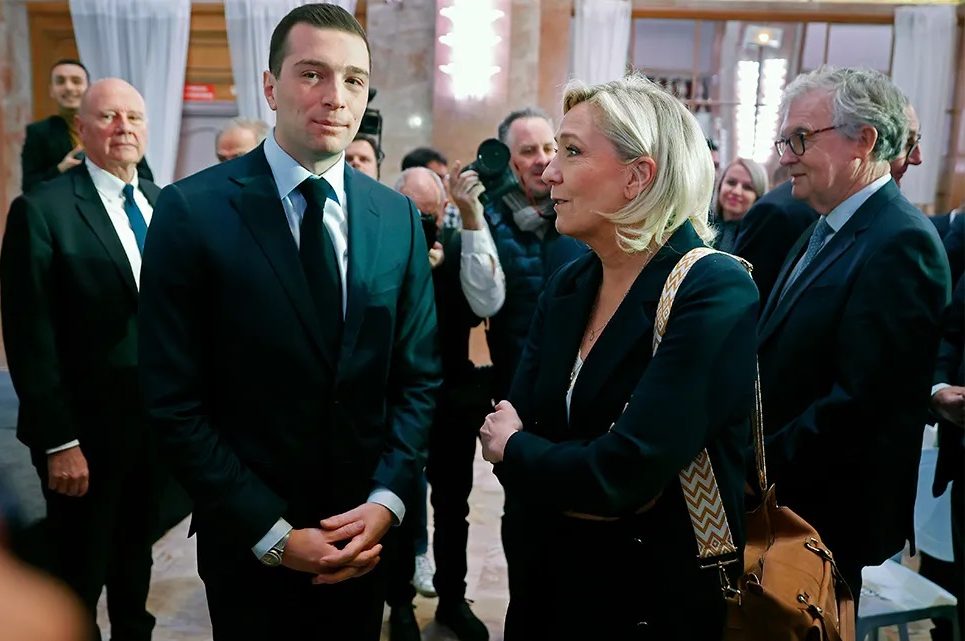










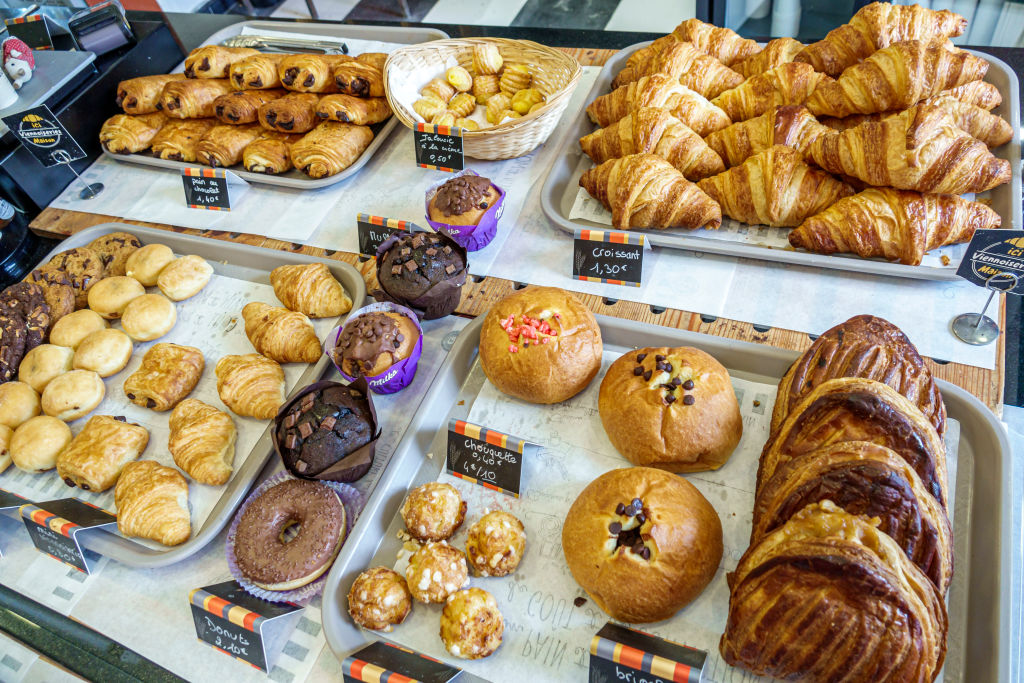

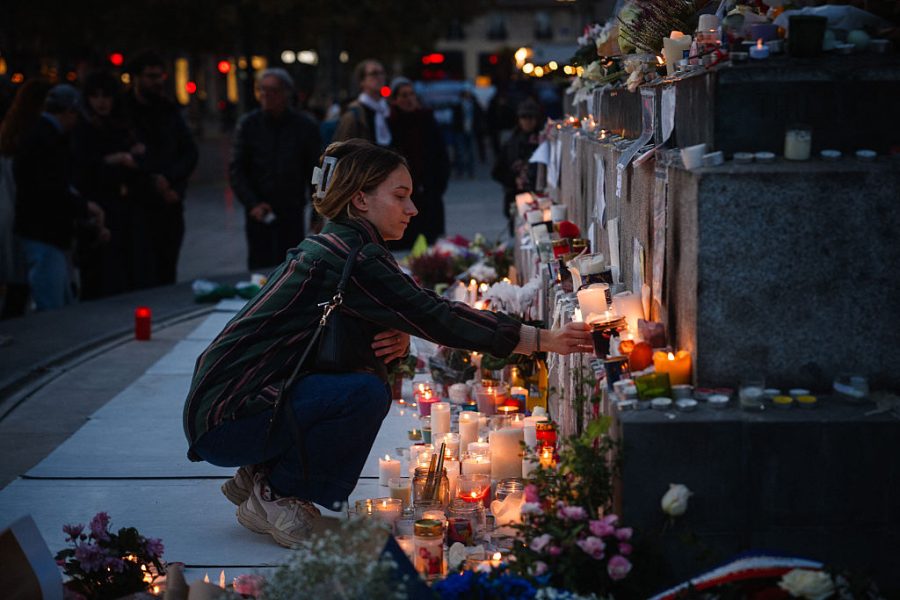
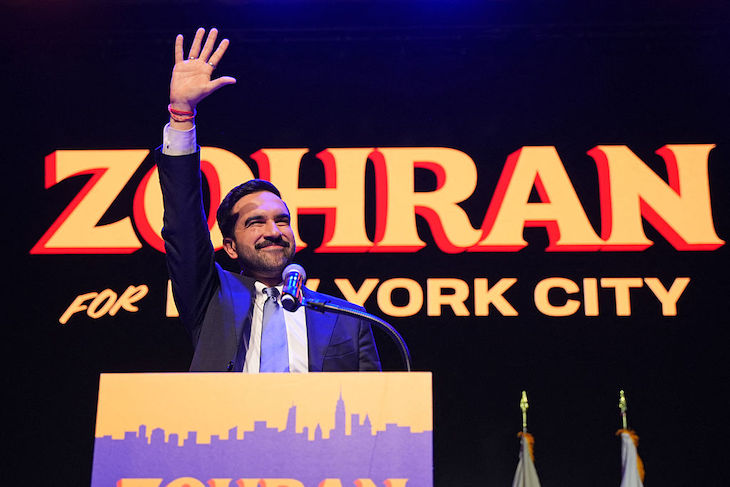
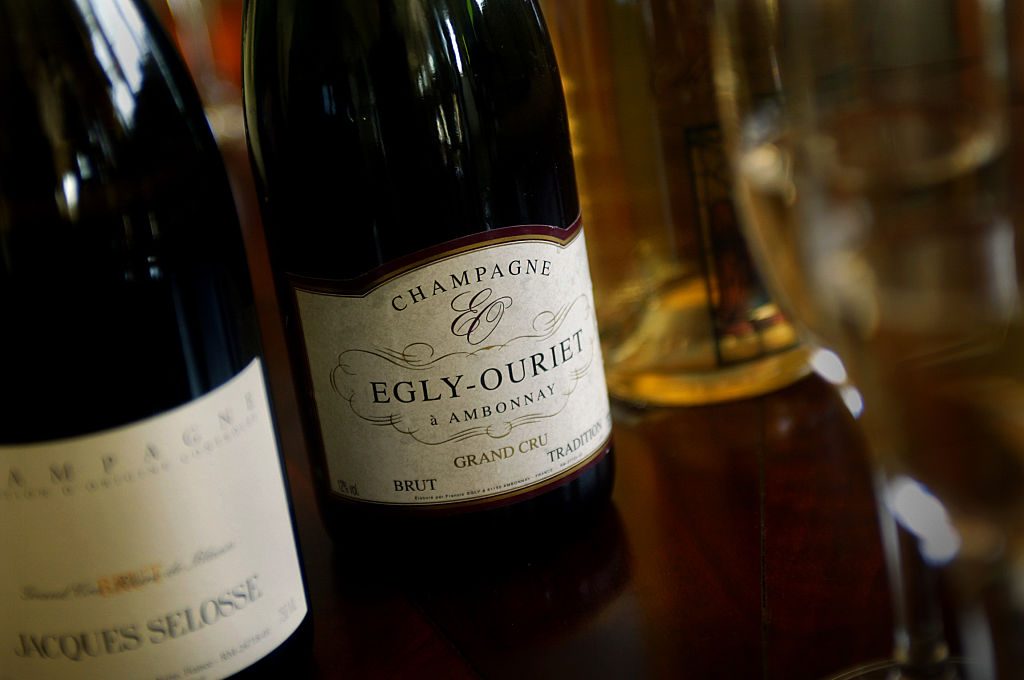







Leave a Reply